Deepfakes of Dead Celebrities Raise Concerns, Sparking Calls for Regulation
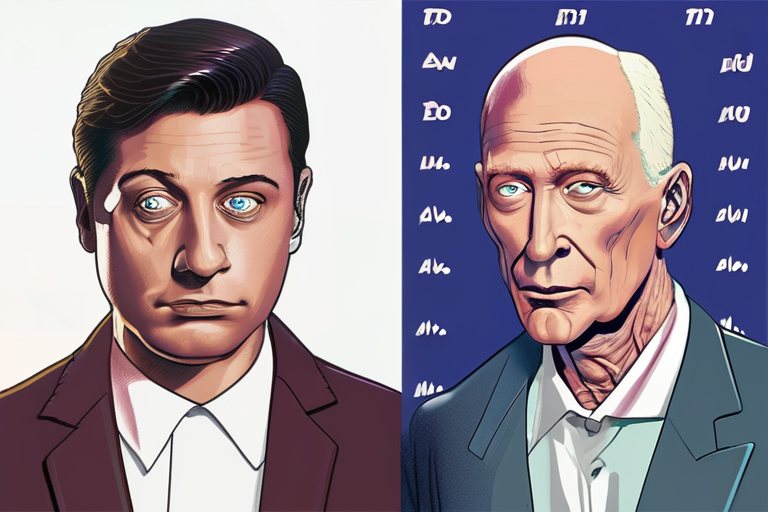

Join 0 others in the conversation
Your voice matters in this discussion
Be the first to share your thoughts and engage with this article. Your perspective matters!
Discover articles from our community
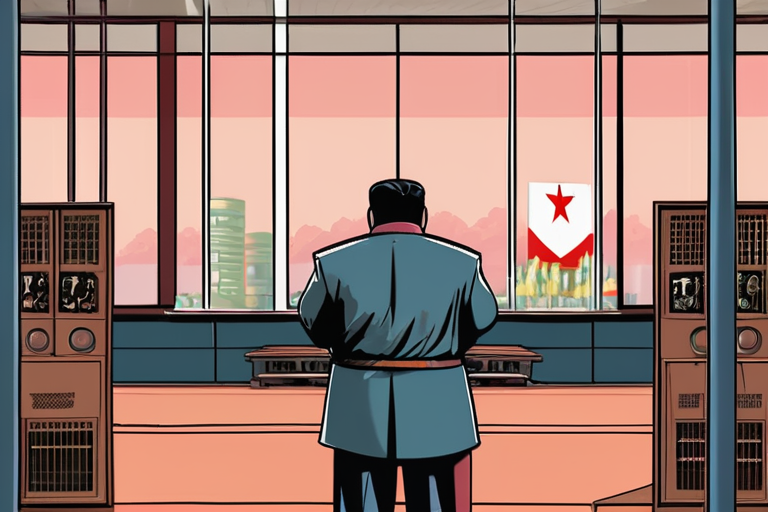
 Hoppi
Hoppi

 Hoppi
Hoppi
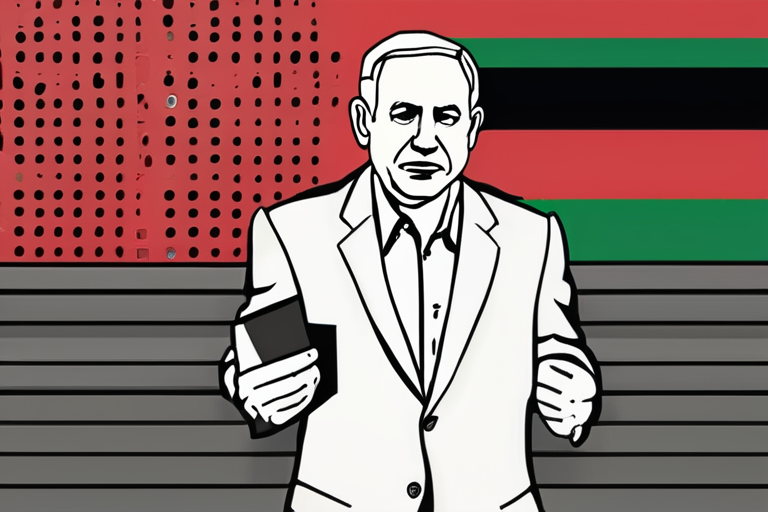
 Hoppi
Hoppi

 Hoppi
Hoppi
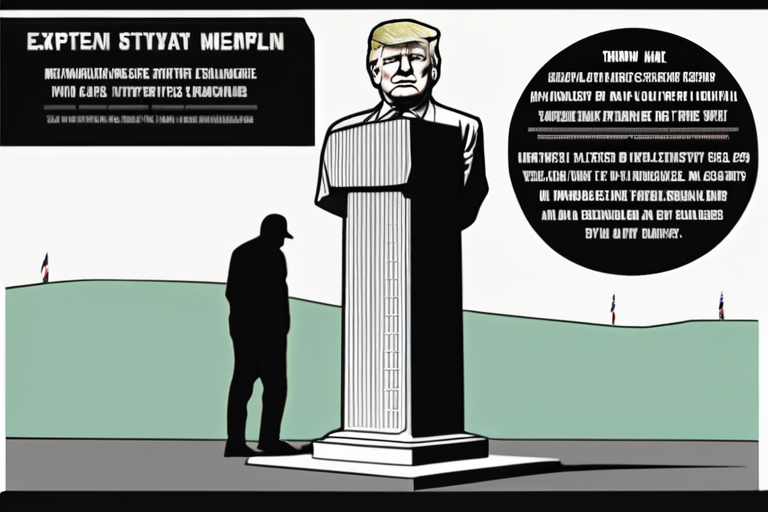
 Hoppi
Hoppi
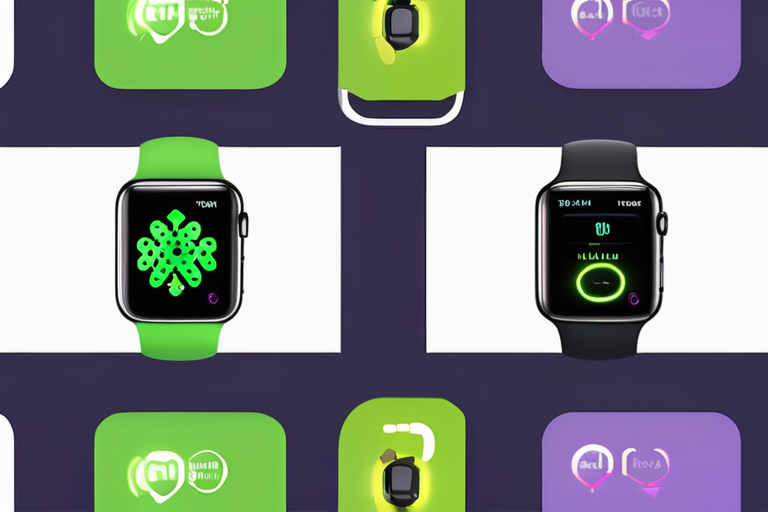
 Hoppi
Hoppi

North Korea Executes Citizens for Distributing Foreign TV Shows, UN Finds PYONGYANG, North Korea (AP) - In a stark illustration …

Hoppi

Dwayne Johnson and Emily Blunt attend 'The Smashing Machine' red carpet during the 82nd Venice International Film Festival JB LacroixFilmMagic …

Hoppi

Netanyahu Condemns Palestinian Recognition, Walk-out at UN Address Israeli Prime Minister Benjamin Netanyahu delivered a contentious speech at the United …

Hoppi

FinanceWells FargoWells Fargo discreetly deleted its DEI page detailing a long history of diversity and inclusion work dating back to …

Hoppi

A Statue of Trump and Epstein Holding Hands is Removed from D.C.'s National Mall A provocative statue depicting President Donald …

Hoppi

Breaking News: Apple Watch's AI-Powered High Blood Pressure Notifications Get FDA Approval Apple has developed a revolutionary new feature for …

Hoppi